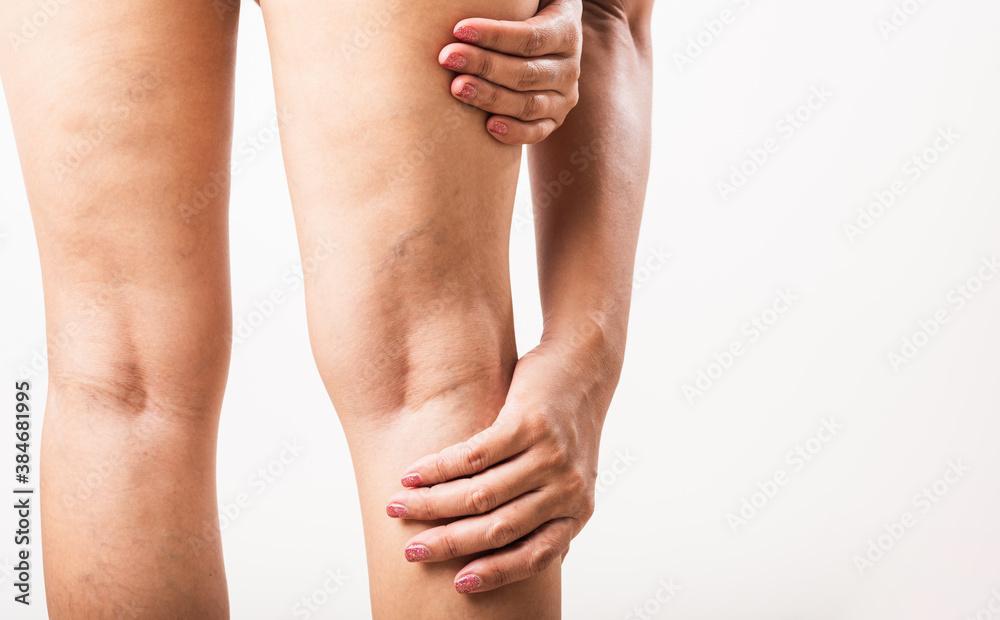
3 Telltale Symptoms of Intramural Fibroids
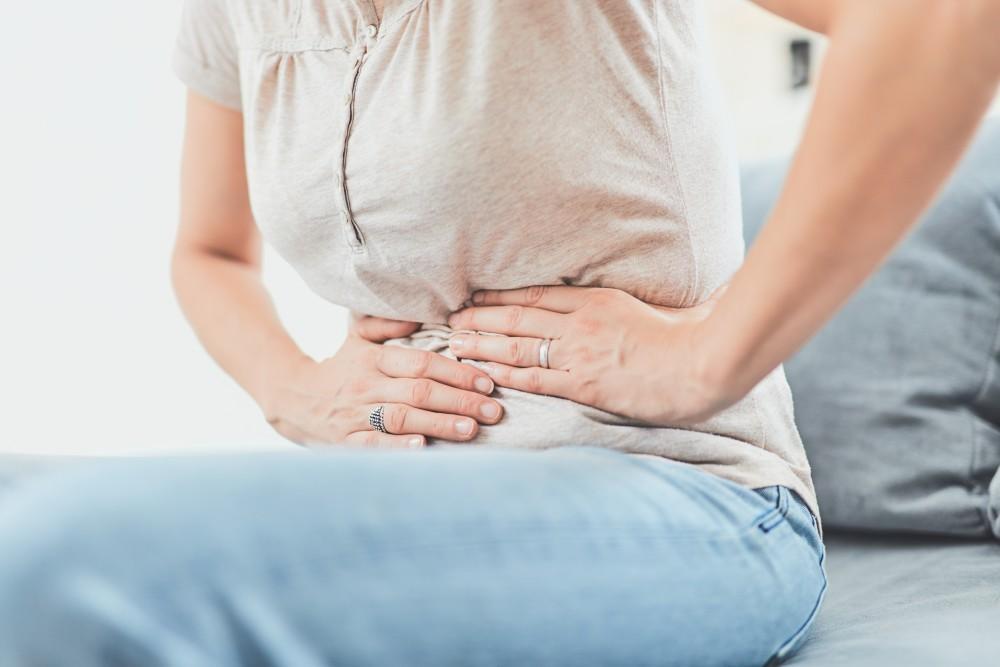
Have you ever wondered what signs might hint at intramural fibroids within your body? Intramural fibroids are noncancerous growths that develop within the muscular wall of the uterus.
At Alate Health in Houston, Texas, our board-certified interventional radiologists provide comprehensive care for individuals dealing with the frustration of uterine fibroids. Our team helps you navigate your symptoms and offers the most advanced treatment options.
We also want to help you understand your health concerns and reassure you that you're not alone. Recognizing the symptoms of intramural fibroids can lead to more effective management and treatment.
Keep reading to learn about three telltale symptoms of intramural fibroids, how they can affect your daily life, and how we can help.
1. Your periods are very heavy
One of the most common telltale signs of intramural fibroids is experiencing unusually heavy menstrual bleeding.
This isn't just having to change your tampon or pad more frequently—this is bleeding that can disrupt your daily activities, cause anemia because of significant blood loss, and lead to constant fatigue.
Understanding why this happens can be helpful. Intramural fibroids, growing within your uterine wall, can increase the surface area of the endometrium (the lining you shed during menstruation), leading to heavier and sometimes prolonged periods.
If you find yourself planning your life around your menstrual cycle because of heavy bleeding, it's time to talk to a provider at Alate Health so you can find relief.
2. You feel bladder pressure or need to urinate all the time
Are you feeling the need to urinate more frequently than normal or experiencing pressure in your lower abdomen? Depending on size and location, intramural fibroids can press against your bladder, giving you the sensation that it's always full, even when it's not.
This pressure can also mimic the feeling of bloating or be mistaken for weight gain or a persistent feeling of fullness. These symptoms may be subtle at first but grow increasingly inconvenient and uncomfortable.
If these sensations have become a regular part of your day, causing discomfort and interruptions, they could signal the presence of intramural fibroids.
3. You experience increasing pelvic pain or discomfort
If you're experiencing increasing, persistent, or intermittent pelvic pain, it's a symptom you shouldn't ignore. Intramural fibroids can cause a dull ache in the pelvis, which may get stronger during your menstrual cycle, after prolonged standing, or after physical activity.
The discomfort can extend to your lower back and legs, affecting mobility and overall quality of life. This kind of pain is never normal, and in addition to fibroids, other conditions can trigger similar symptoms.
If you're experiencing this kind of pain, it's important to talk with a provider to get an accurate diagnosis and discuss pain management strategies.
How we treat intramural fibroids
If you're experiencing any of these telltale intramural fibroid symptoms, seeing your healthcare provider is the first step toward finding relief. At Alate Health, our interventional radiologists specialize in minimally invasive treatments, including uterine fibroid embolization (UFE).
UFE is a safe and effective procedure that can significantly reduce the symptoms of intramural fibroids. This treatment is a less invasive alternative to surgery, with shorter recovery times and less risk of complications.
The UFE procedure blocks the blood supply to the fibroids, causing them to shrink. As the fibroids shrink, many women experience an improvement in their symptoms.
Our team is committed to providing personalized care, making sure you get the treatment that best fits your needs and lifestyle. If UFE isn't right for you, we help you find the therapy that is.
If you recognize the telltale signs of intramural fibroids, don't wait to schedule a consultation online or over the phone at Alate Health in Houston, Texas.
You Might Also Enjoy...

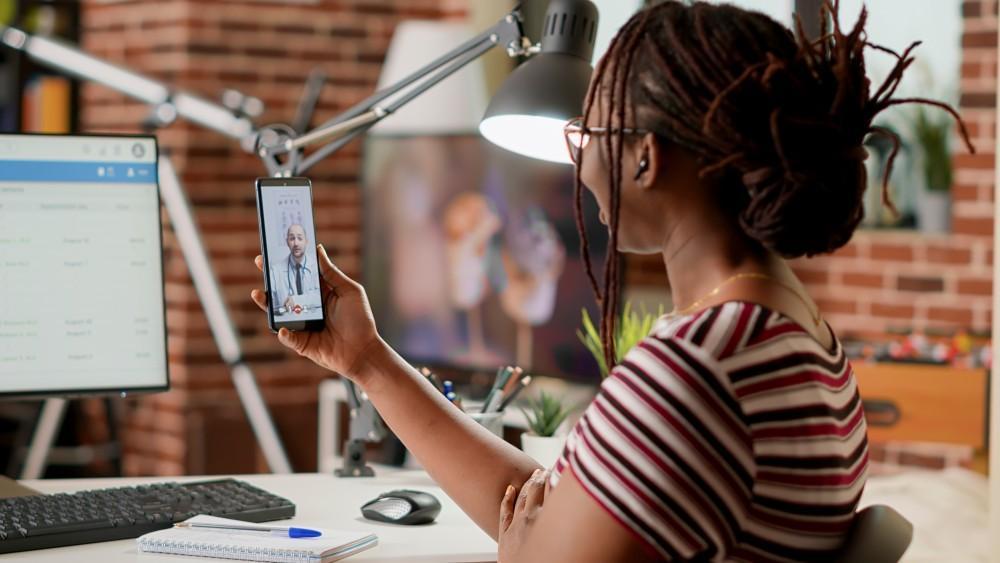
Telehealth: The Advantages of Telemedicine
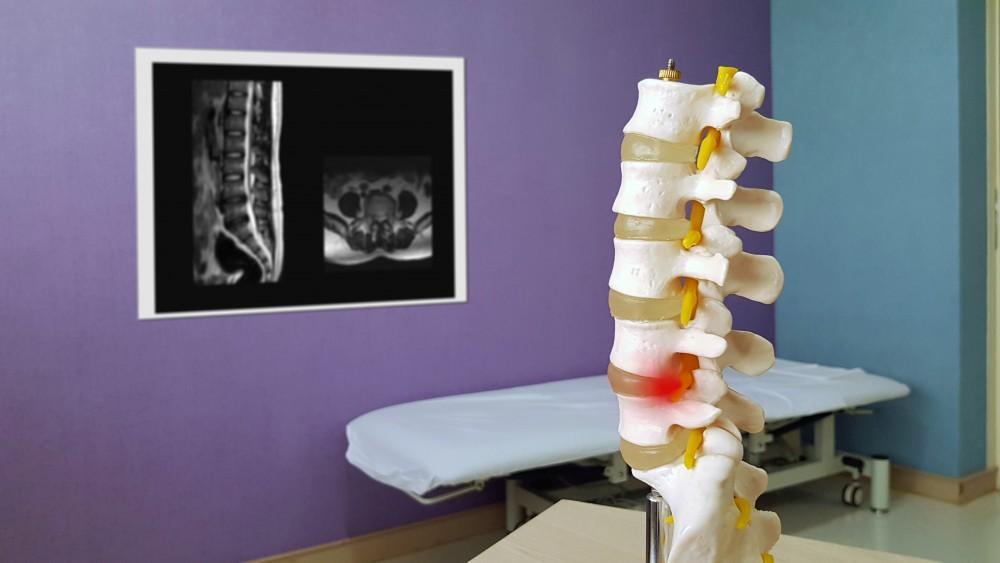
What Caused My Spinal Stenosis?
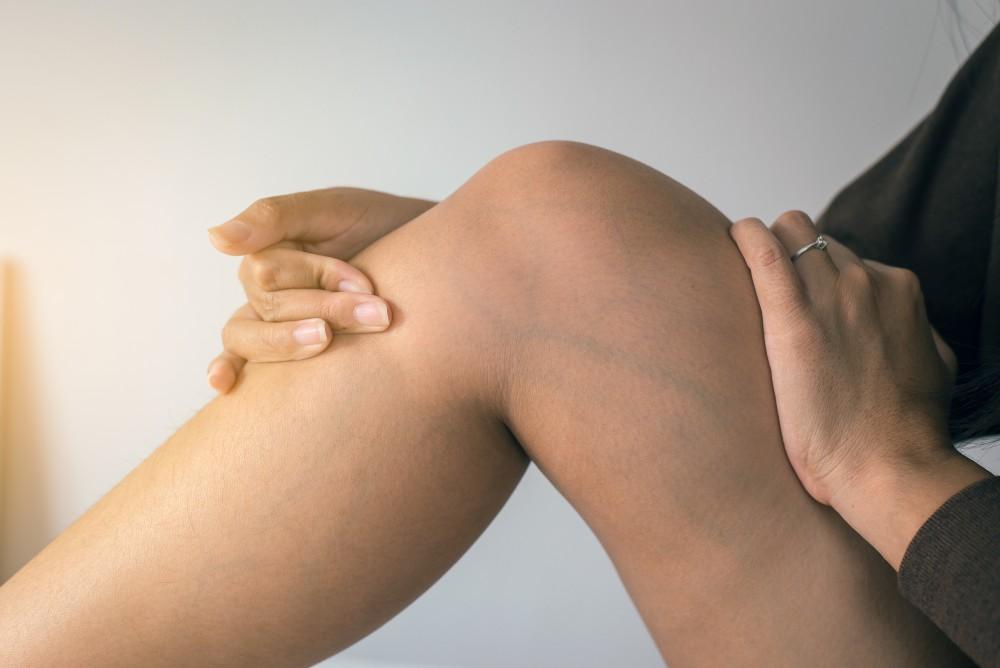
I'm Embarrassed About My Varicose Veins
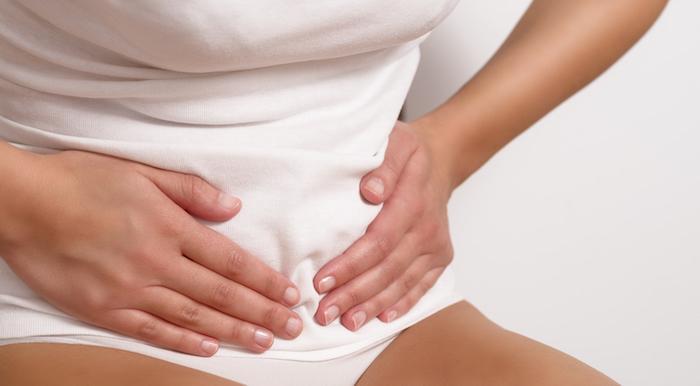
Can Fibroid Pain Return After Uterine Fibroid Embolization (UFE)?


